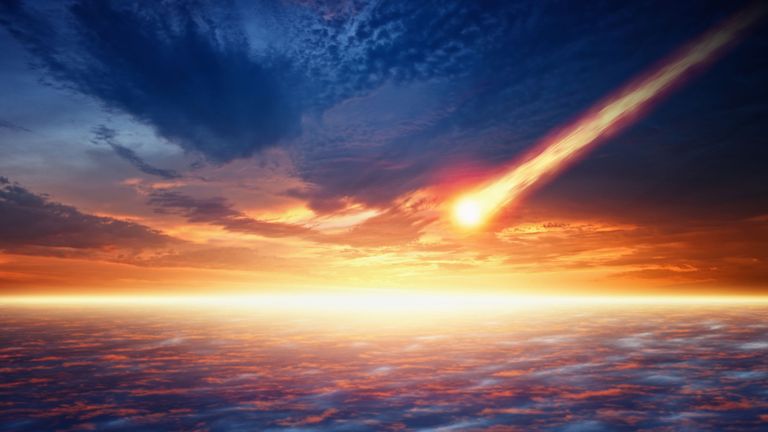New Meteorite Explosion Took Place Over Russia

If you are a fan of space rocks exploding in Earth’s atmosphere, sound like Russia is the perfect place to see that. Another case of a meteorite explosion has been reported in Siberia, with countless witnesses and scaring some of them. The fireball exploded over the town of Krasnoyarsk in Siberia. No damage was caused, and no injuries while visiting Earth.
What news we have about the new meteorite explosion over Russia?
According to The Siberian Times, the fireball is the third that has entered Earth’s atmosphere since late December of last year. NASA revealed that the massive fireball that exploded in Earth’s atmosphere, above the Bering Sea, has avoided detection for several months.
On the other hand, the meteorite explosion that took place now wasn’t as powerful as the one from December, but it had lighted up the sky. However, people from Russia aren’t so concerned or surprised about the fireballs flying above them. In the movies recorded by citizens, we can see that they seem calm and acknowledge the fact, but go on with their day.
In December, the space rock exploded with ten times the energy of the Hiroshima atomic bomb. The fireball like the one from December is expected about two or three times every 100 years. The problems with these asteroids have been questioned about the US Congress. NASA has declared that the scientists have estimated they need another 30 years to fulfill the congressional directive in finding the asteroids closer to Earth.
Is there something that could be done to improve meteorite detection?
This last event wasn’t dangerous, but the one from the Bering Sea shows that these massive objects can collide with us without warning. This fact should increase the need for monitoring.
A mission concept exists in development with a telescope named NeoCam. This telescope could be launched to a gravitational balance in space, and its mission will be to discover and characterize potentially hazardous asteroids larger than 140 m.
0 comments